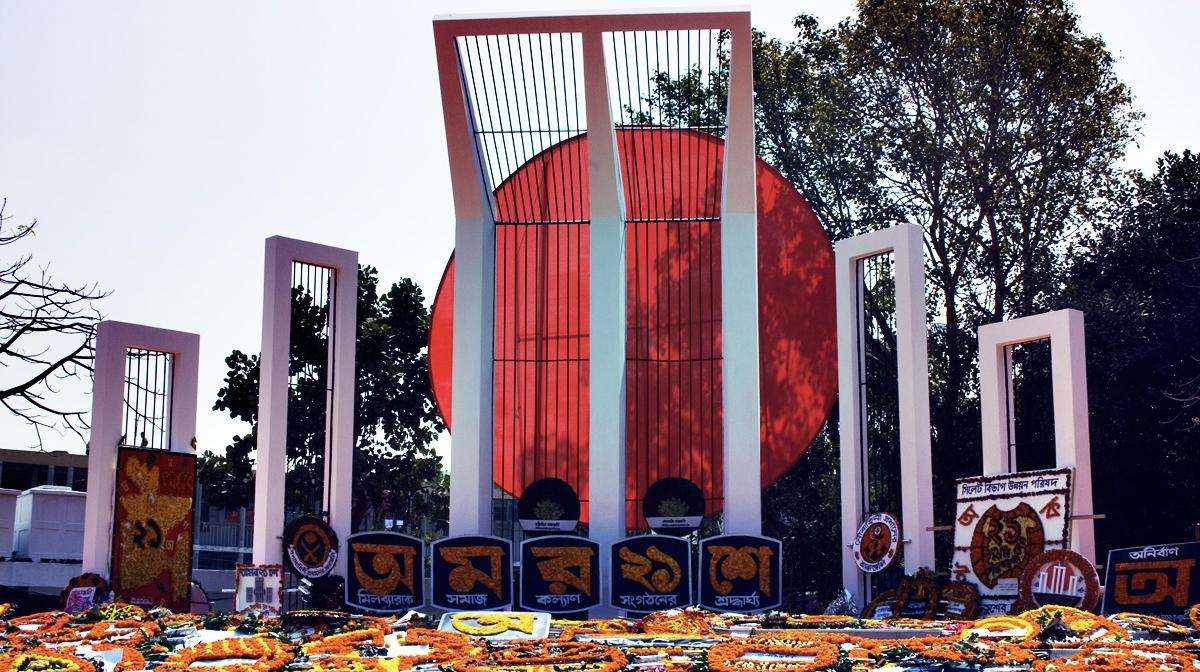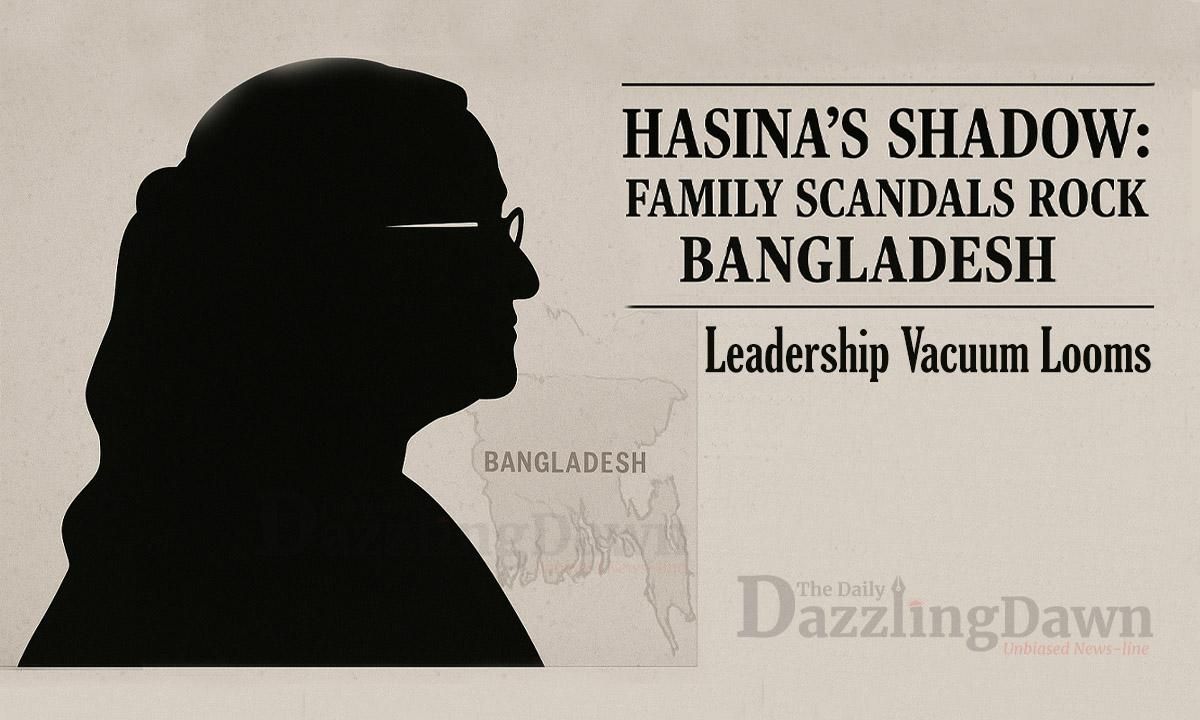Bangladesh's political landscape is gripped by uncertainty as legal battles involving the influential Hasina family intensify, casting a long shadow over the future of the Awami League. Sheikh Hasina, former Prime Minister, faces mounting corruption charges post-July Revolution, with calls for her return to face justice growing louder. "The people demand accountability," states a recent poll by the Bangladesh Institute of Public Opinion, with 68% of respondents favoring Hasina's return for trial.
Her sister, Sheikh Rehana, a key Awami League figure, is also embroiled in financial irregularity accusations. "Her influence is undeniable, but the allegations risk destabilizing the party," comments political analyst Dr. Rahman. Internal party sources reveal growing unease, with whispers of a potential power struggle should Rehana's legal troubles escalate, Daily Dazzling Dawn understands.
Adding to the family's woes, British MP Tulip Siddiq, Hasina's niece, faces scrutiny over alleged financial ties to the Awami League. Despite her denials, the controversy has sparked debate in both Bangladeshi and British political circles. "Transparency is paramount," says UK parliamentary ethics watchdog, with calls for a thorough investigation.
The legal challenges have created a significant leadership vacuum within the Awami League. With Hasina's absence and Rehana's uncertain future, speculation is rife about potential successors. "The party faces a critical juncture," says Dr. Rahman. "The next leader will need to unite a fractured party and navigate a complex political landscape."
Statistics from the Election Commission of Bangladesh indicate a potential shift in voter sentiment, with a 12% decrease in Awami League's approval rating in recent local polls. This suggests growing public discontent and a potential vulnerability for the party.
The question of Hasina's return hangs heavy. Legal experts suggest that a return could trigger further unrest, but also present an opportunity for her to rally support. "The decision is a high-stakes gamble," says legal analyst, Barrister Kamal. "It could either solidify her legacy or hasten her political demise."
The coming months are crucial. The Awami League's ability to address the legal challenges, quell internal dissent, and present a viable leadership succession plan will determine its future. The ramifications of this crisis extend beyond the party, potentially reshaping the very fabric of Bangladeshi politics.
A contentious discussion regarding the search for "suitable" leadership within the Awami League dominated a recent London Independence Day event, highlighting internal party dynamics. Senior Awami League leader Abdur Rahman, a member of the party's presidium, emphatically asserted Sheikh Hasina's irreplaceable role. "There is no one comparable to Sheikh Hasina within the Bangladesh Awami League," Rahman declared. "Among the 180 million people of Bengal, she stands as the most capable and compassionate leader." He further cautioned against perceived "schemes" designed to diminish Hasina's authority.
This staunch defense of Hasina comes amidst speculation about potential future leadership within the party, particularly given the ongoing legal challenges faced by members of her family. Rahman's comments were interpreted by many as a direct rebuttal to those suggesting the necessity of alternative leadership figures.
Jamal Ahmed Khan, Joint Secretary of the UK Jubo League, reinforced this sentiment, telling the Daily Dazzling Dawn, "Hasina is our pride. The party is united under her leadership." This statement aimed to portray a unified front within the Awami League, emphasizing unwavering support for Hasina's continued guidance.
The event and subsequent statements underscore the delicate balance within the Awami League, where loyalty to Hasina remains a powerful unifying force, even as discussions about future leadership and internal party dynamics continue. The insistence on Hasina's "indispensability" serves to solidify her position while addressing any perceived challenges to her authority.








.svg)


